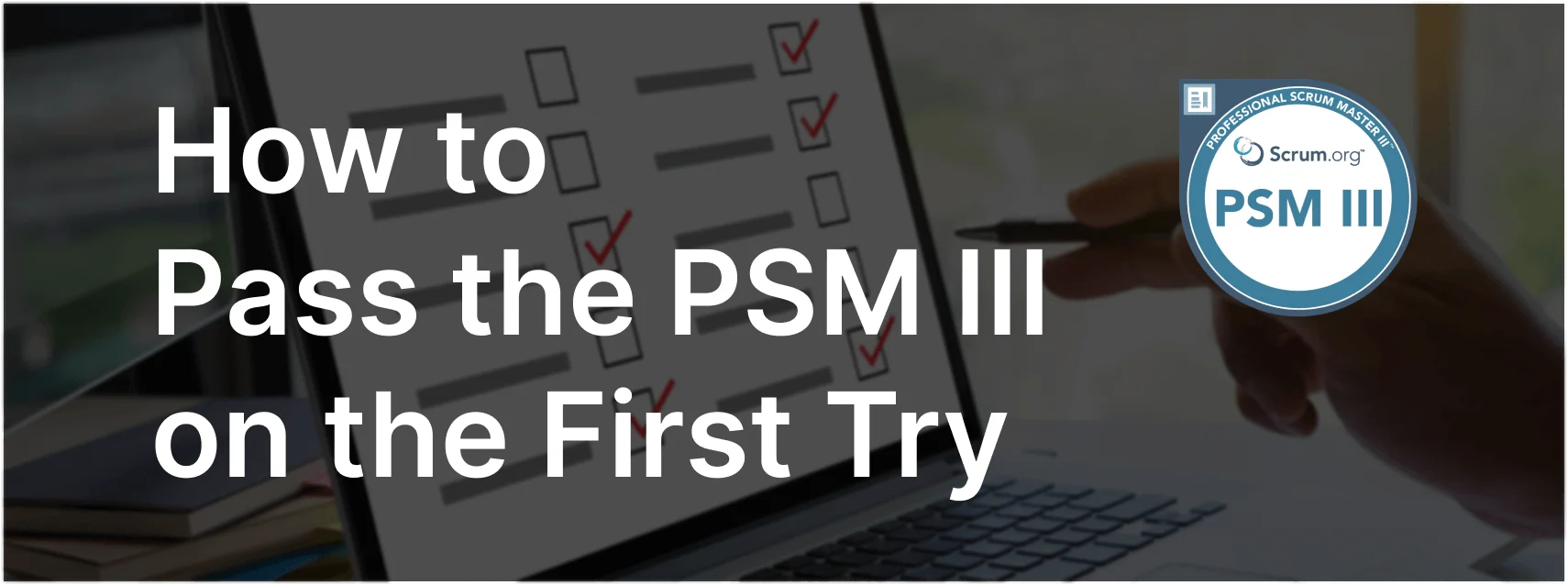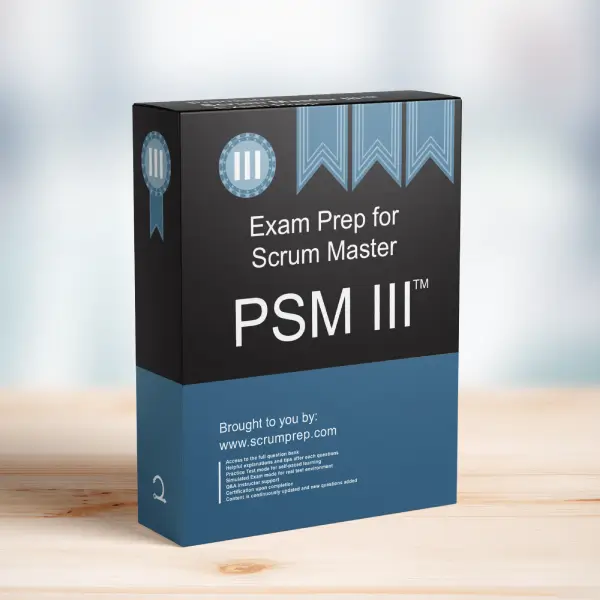The Scrum Master’s Role in Conflict Resolution
Scrum Teams are composed of individuals with diverse perspectives, which can sometimes lead to conflicts. While healthy disagreement can foster creativity, unresolved conflicts can hinder a team’s productivity. The Scrum Master plays a crucial role in navigating these challenges.
Exam Question
Scrum Teams consist of people. People often have different opinions about how things should be done. They sometimes are emotional without obvious cause. If a Scrum Team gets caught in a conflict, its productivity will suffer.
What role does the Scrum Master play in a conflict situation?
What techniques should the Scrum Master employ?
If the Scrum Team is struggling to deliver value and stays in conflict regardless of the Scrum Master’s efforts, what should the Scrum Master do?
Explanation
The Role of the Scrum Master in Conflict Situations
The Scrum Master is a facilitator and coach, responsible for fostering a collaborative environment where conflicts are addressed constructively. In a conflict situation, the Scrum Master must ensure that the team can work through their differences without letting the conflict impede their progress.
Techniques for Conflict Resolution
- Active Listening: The Scrum Master should listen to all perspectives involved in the conflict without taking sides. Understanding the root cause of the disagreement is crucial for effective resolution.
- Encouraging Open Communication: The Scrum Master should create a safe space where team members feel comfortable expressing their concerns. Open communication helps in bringing underlying issues to the surface.
- Facilitating Collaborative Problem-Solving: The Scrum Master should guide the team in finding a mutually agreeable solution. This might involve brainstorming sessions, prioritizing issues, and exploring different options together.
- Mediating When Necessary: If the conflict escalates, the Scrum Master might need to step in as a mediator to help the team reach a resolution.
- Using Retrospectives to Address Conflict: A Sprint Retrospective can be an opportunity to address ongoing conflicts by reflecting on what went wrong and how the team can improve moving forward.
When Conflict Persists
If the Scrum Team continues to struggle with conflict despite the Scrum Master’s efforts, the Scrum Master may need to take further steps:
- Escalating the Issue: In cases where the conflict cannot be resolved within the team, the Scrum Master may need to involve external parties, such as management, to help address the issue.
- Facilitating a Focused Retrospective: The Scrum Master can organize a retrospective specifically aimed at resolving the conflict, ensuring that the team addresses the underlying issues.
- Considering Team Composition Changes: If the conflict is deeply rooted and continues to affect productivity, the Scrum Master may need to discuss potential changes in team composition with the Product Owner or management to restore harmony.
Relevance to the PSM III Exam
Understanding the Scrum Master’s role in conflict resolution is vital for the PSM III exam. It requires a deep comprehension of how to maintain team dynamics and ensure that conflicts do not derail the Scrum Team’s ability to deliver value.
Key Takeaways
- The Scrum Master is key in resolving conflicts within the Scrum Team to maintain productivity and collaboration.
- Conflict resolution techniques such as active listening, encouraging open communication, and collaborative problem-solving are essential tools for the Scrum Master in resolving conflicts.
- If a conflict persists, the Scrum Master may need to escalate the issue, facilitate a retrospective focused on conflict resolution, or consider team composition changes to restore harmony.
Conclusion
Conflict is a natural part of any team’s dynamics, but it can become detrimental if not managed effectively. The Scrum Master plays a vital role in guiding the Scrum Team through conflicts, ensuring that they do not hinder the team’s ability to deliver value. By employing effective conflict resolution techniques and knowing when to escalate the issue, the Scrum Master helps maintain a productive and collaborative team environment. For more insights on preparing for the PSM III exam, visit our Scrum Master PSM III™ Exam Prep.



